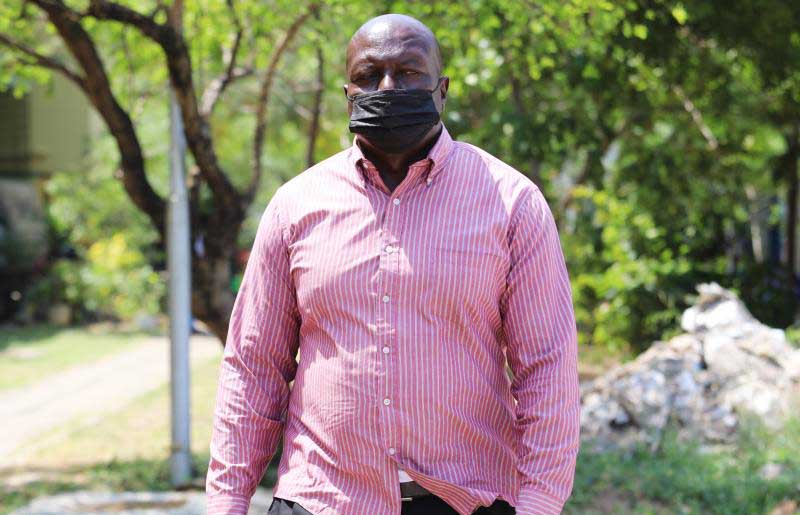×
The Standard e-Paper
Home To Bold Columnists

The name of Dismas Omondi Ayoo, a former death row convict, may not ring a bell in the minds of many Kenyans but he is considered a democrat by thousands of inmates who will vote in next year’s polls.
In 2010, Ayoo and 29 other convicts at the Shimo la Tewa Prison filed a petition through Kitua Cha Sheria that saw the High Court allow prisoners to vote in the constitutional referendum and presidential elections.